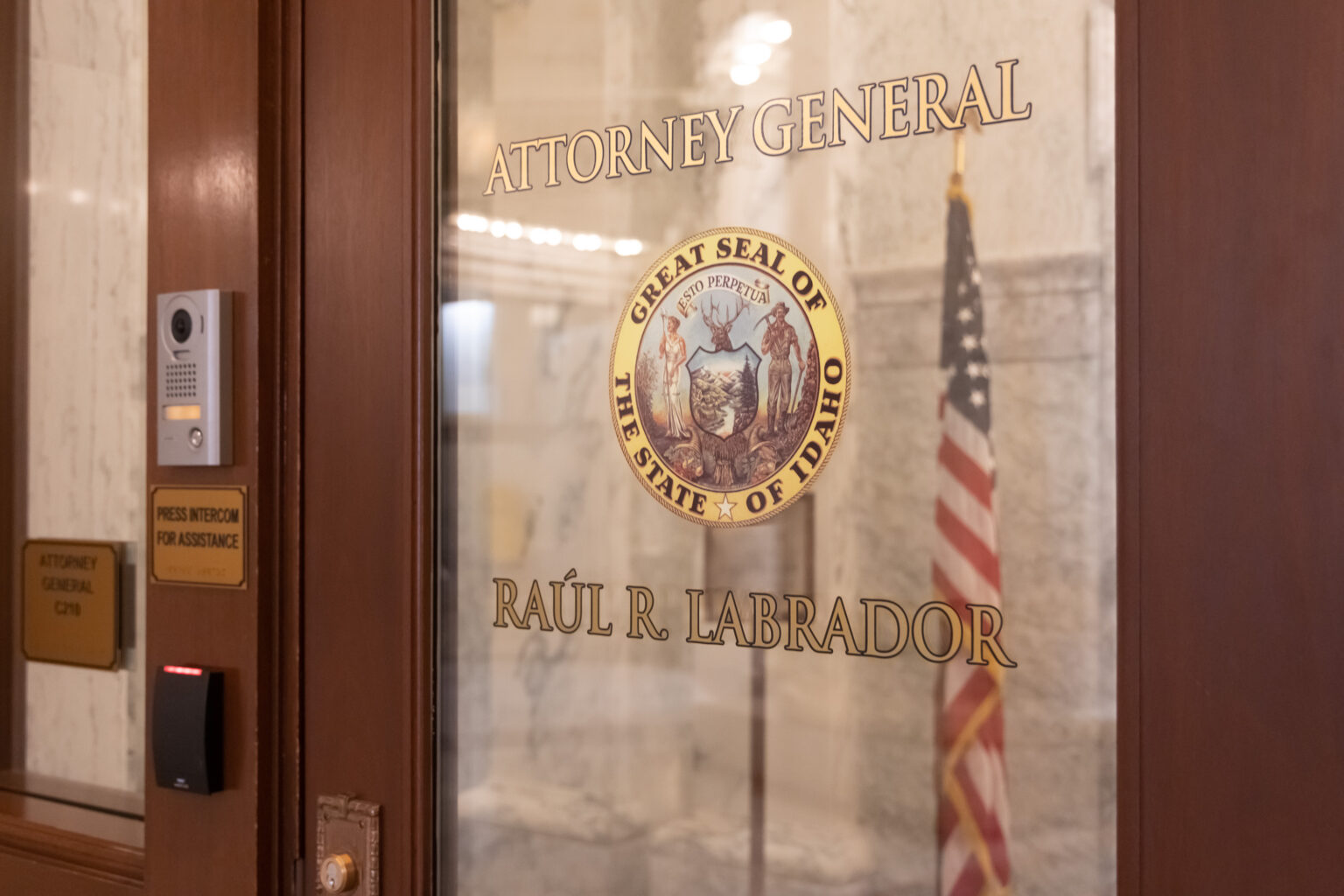Transparency Battle Ends as Idaho AG Drops Lawsuit Over Secret Meetings in University of Phoenix Deal
After years of legal wrangling, Idaho’s Attorney General closes the chapter on a high-profile lawsuit that cast a shadow over a $685 million university acquisition plan
Legal Dispute Over University Acquisition Quietly Concludes
In a significant turn of events, Idaho Attorney General Raúl Labrador has officially dismissed his lawsuit against the State Board of Education, ending a protracted legal battle that centered on alleged violations of open meeting laws during negotiations for the University of Idaho’s proposed acquisition of the University of Phoenix.
While the lawsuit began as a procedural challenge over transparency, it ultimately contributed to the unraveling of one of Idaho’s most ambitious educational investments — a $685 million bid to acquire a major for-profit institution serving over 80,000 students nationwide.
The Roots of the Controversy
At the heart of the dispute was Labrador’s claim that the State Board of Education had improperly discussed and effectively approved the University of Idaho’s purchase of the University of Phoenix behind closed doors. The alleged violations stemmed from a series of executive sessions held in early 2023, prior to the board’s public vote to greenlight the deal in May of that year.
While the Attorney General clarified that his intent wasn’t to challenge the transaction itself, he emphasized the importance of transparency in government, particularly for decisions involving vast public funds.
“This case was never about any specific transaction,” Labrador said after filing the dismissal. “It was about reinforcing the principle that open government builds public trust — especially in matters involving significant financial commitments.”
A Twisting Legal Journey
The lawsuit has been a legal rollercoaster from the start.
It began in Ada County District Court, where a judge ruled in favor of the State Board in January 2024, asserting that its closed meetings were justified. The court concluded that board members acted in good faith, believing that confidentiality was necessary because the University of Idaho was in a competitive bidding situation with other potential Phoenix buyers.
However, the state’s Supreme Court overturned that ruling in December, citing multiple legal errors and sending the case back to the district court for further consideration. While the Supreme Court did not issue a final opinion on whether the board had broken the law, its decision breathed new life into the lawsuit.
Until the voluntary dismissal this week, the case remained active, with a court status conference scheduled for the following week.
Fallout on the University Deal
While the legal battle focused on meeting procedures, its real-world consequences were felt far beyond the courtroom.
With the lawsuit pending, the University of Idaho was unable to secure financing for the acquisition of the University of Phoenix, causing the transaction to stall indefinitely. Legislative skepticism followed, as state lawmakers expressed frustration over being left out of the loop.
In response to mounting pressure, the State Board extended a deadline in hopes of reviving the deal. But ultimately, in early June 2025, the University of Idaho and University of Phoenix jointly decided to terminate all negotiations — effectively ending any chance of a revived partnership.
The lawsuit may not have been the sole reason for the collapse, but it created a chilling effect on both public perception and institutional momentum.
Final Agreement and Legal Costs
As part of the agreement to dismiss the case, both sides have opted to cover their own legal expenses. A previous court ruling had ordered Labrador’s office to pay over $240,000 in legal fees to the State Board. But with the Supreme Court’s reversal and the final dismissal, that judgment is no longer in effect.
A new court filing confirms that each party will bear its own costs, drawing a final line under a two-year legal and political saga.
Lessons from the Fallout
The case, though dismissed, has left an enduring mark on Idaho’s approach to governance and transparency. It served as a reminder of the tensions that can arise between elected officials and state agencies when critical decisions are made without sufficient public scrutiny.
It also raised larger questions about how public institutions engage with large-scale private acquisitions — and the level of oversight needed when taxpayer trust is on the line.
While the University of Phoenix deal is now officially off the table, the broader implications of the case will likely shape how future government negotiations are conducted in Idaho and beyond.

COMMENTS (0)
Sign in to join the conversation
LOGIN TO COMMENT